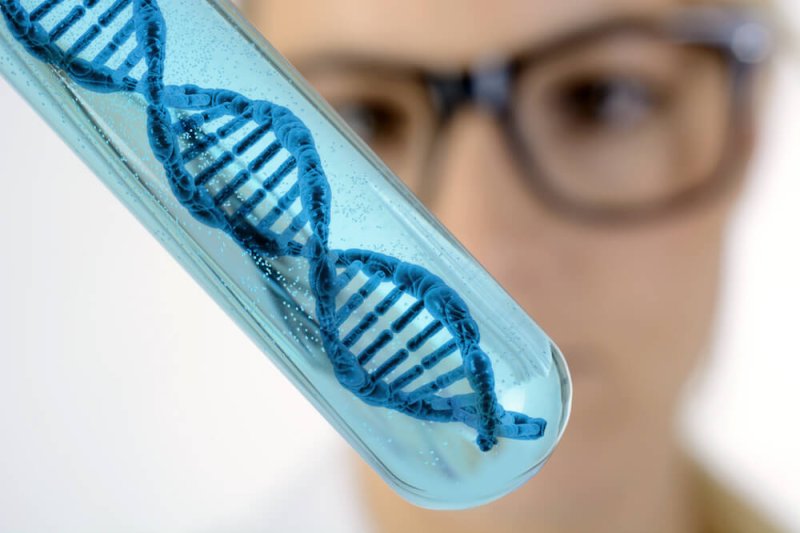Editor’s Note: This is a letter written to the governing body overseeing the biosafey treaty–the Convention on Biological Diversity and Cartagenta Protocol on Biosafety–from scientists who support gene drive research.
We urge you to support ongoing and new gene drive research, building on cautious and responsible practices and broad stakeholder dialogue.
The potential for gene drive technology is very significant. It is a novel tool which may enable interventions that are durable, cost-effective, and highly efficacious, complementing existing efforts to improve human health and environmental sustainability.
We urge you to resist current advocacy efforts demanding a ban on gene drive research or on the future use of gene drive-based products. Imposing a moratorium on such promising life-saving and life-improving innovations so early in their development would be unwarranted, damaging and irresponsible. Blanket bans discourage research and prevent regulators, policy-makers and other stakeholders from having an informed conversation about the use of new technologies.
One potential application of gene drive is to reduce the burden of vector-borne diseases such as malaria, dengue and the Zika virus, which account for more than 17% of all infectious diseases, and cause more than 1 million deaths annually…
Other potential applications, such as for the control of invasive alien species for conservation purposes, are also being investigated…Invasive species are the leading cause of island extinctions, and the second-leading cause of extinctions on continental mainlands…































